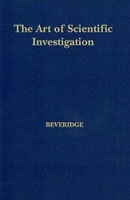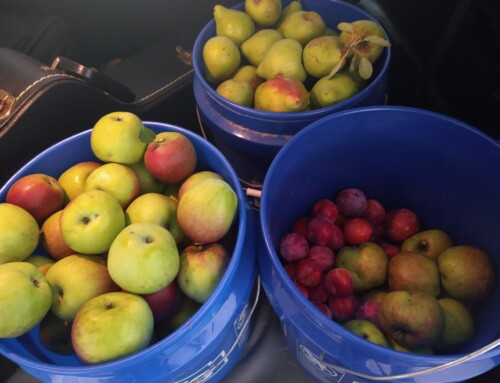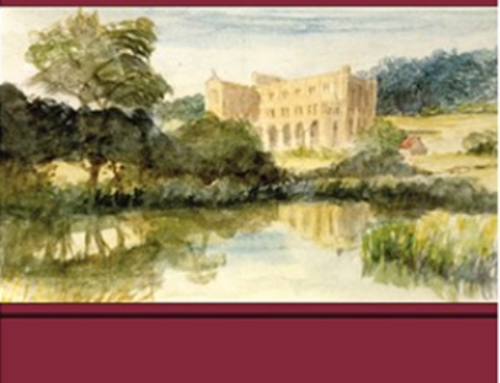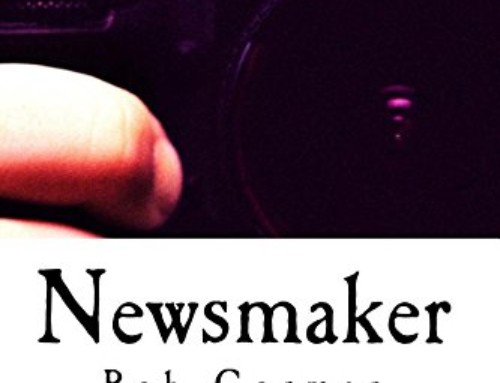
Everyone finds them on occasion — those long lost or never known gems of books that offer profound common sense that we all know we should use, try to use, or actually do use every day. While reading through Maria Popova’s outstanding web site, I was so intrigued by her review of William Beveridge’s The Art of Scientific Investigation that I bought the book for myself. I’m glad I did because I never could have marked up and tabbed a library copy.
C.S. Lewis said, in Essays In Criticism, that we read literature in order to expand our own lives, so that we do not depend only on our own experiences for knowledge of the world. Beveridge wrote on how to see that world outside our own experiences and learn what is valid to what situations we encounter.
There are lots of scientific methodology books out there and most are truly accessible and can lead anyone from researcher to business leader on a path of thinking through their toughest problems. I have long recommended Alec Fisher’s The Logic of Real Arguments and King, Keohane and Verba’s Designing Social Inquiry. I don’t have plans to take either off my reading list soon, but I will certainly recommend Beveridge to my clients, friends and mentorees.
The Art of Scientific Investigation is not so much a methodology book with specific checklists to follow as it is a “philosophy of thinking” that urges readers to prepare their imaginations for the world around them, to be open to possibilities that you haven’t considered and to see truths that are in front of you even when those truths go counter to accepted conventional wisdom.
Prepared imagination? What a fantastic concept. We all have imaginations. Beveridge urges to prepare them for discoveries, to abandon controlled thinking, to let our minds wander freely. The prepared imagination is the foundation for stepping out of one’s comfort zone and accepting ideas and expanding one’s intuition. But he doesn’t just tell us to let our minds run free. The prepared imagination comes with some “safeguards in the use of reason.” Beveridge tells us to “reason from data obtained through experimentation and observation and plan accordingly for the future.” He offers a list of techniques to seek and capture intuitions – a list that is wonderfully applicable to business leaders and consultants looking for an edge through sound methodology.
Perhaps the best advice comes near the end of the book when Beveridge cautions about being resistant to new ideas. He reminds us that concepts that are easily grasped by children today (planetary motion around the sun), required “the colossal intellectual feat of a genius to conceive when his mind was already conditioned with Aristotelian notions…It is often curiously difficult to recognize a new, unexpected fact, even when obvious.”
This tendency to resist new ideas is the reason all organizations need an outside look. Whether you’re a research group looking to see what you’re missing, a strategic planner seeking the variables that need to be considered as critical to your plan, or a CEO cautiously dipping your toes in the waters of organizational change, here is a short and accessible read that I feel confident in promising will help you in some way you haven’t yet considered.
Read Beveridge. Keep thinking.






Leave A Comment